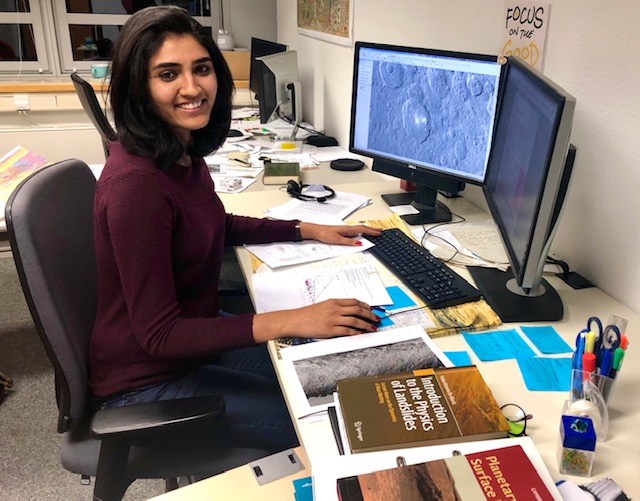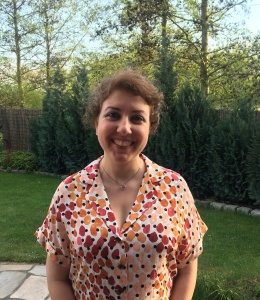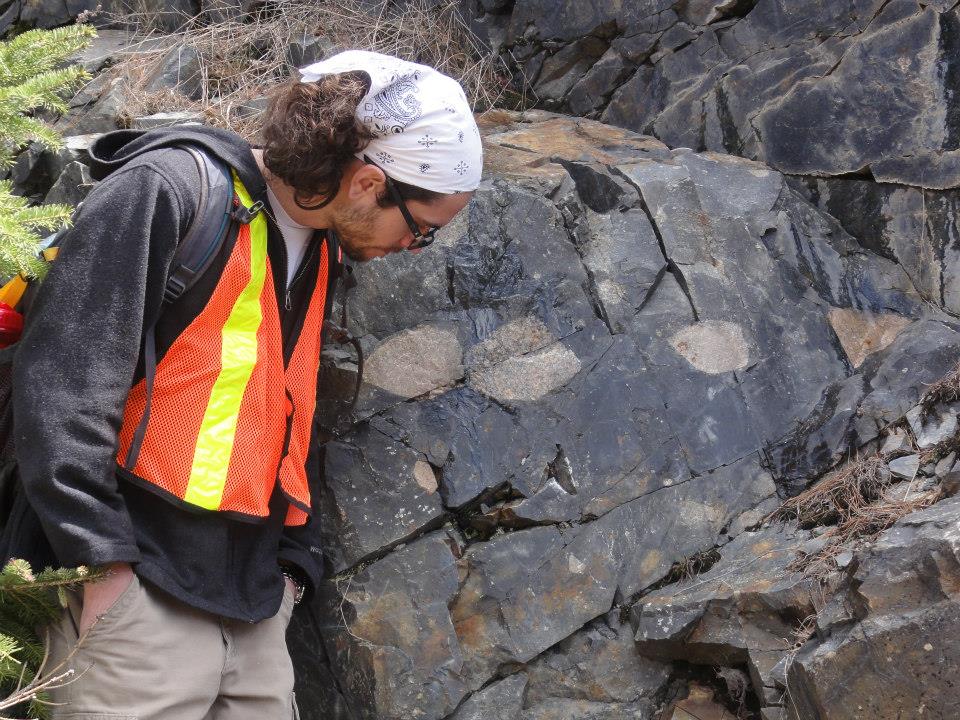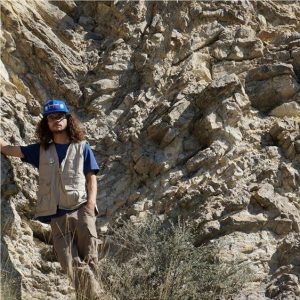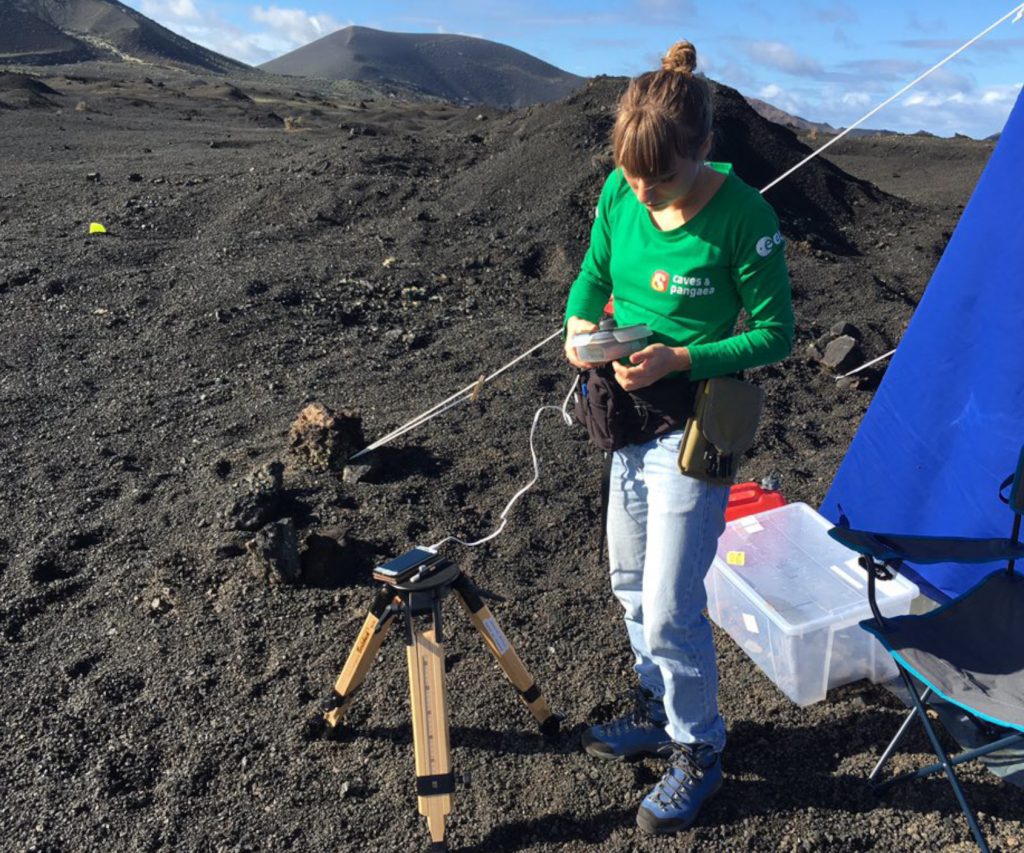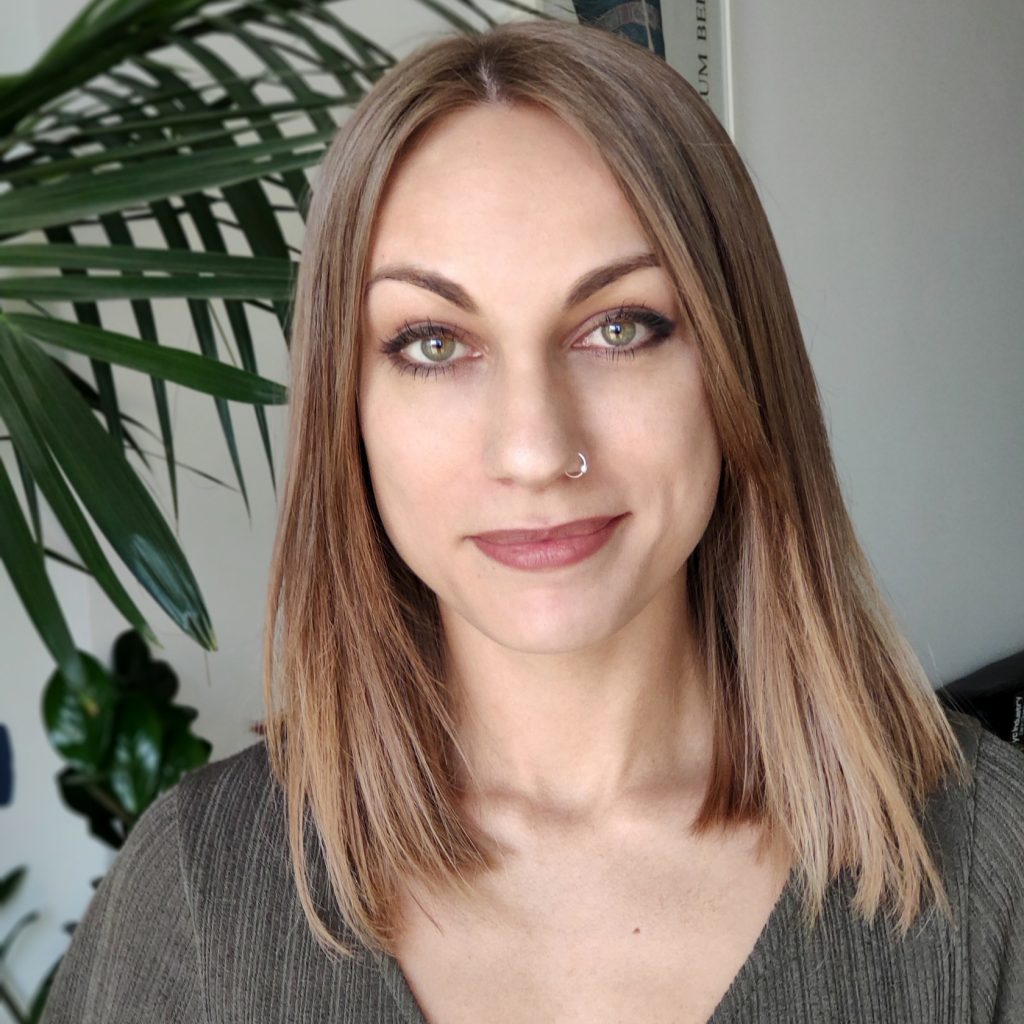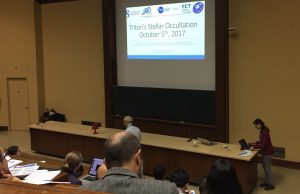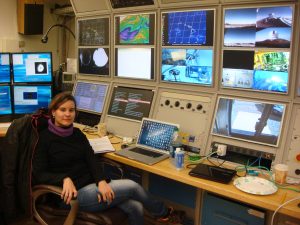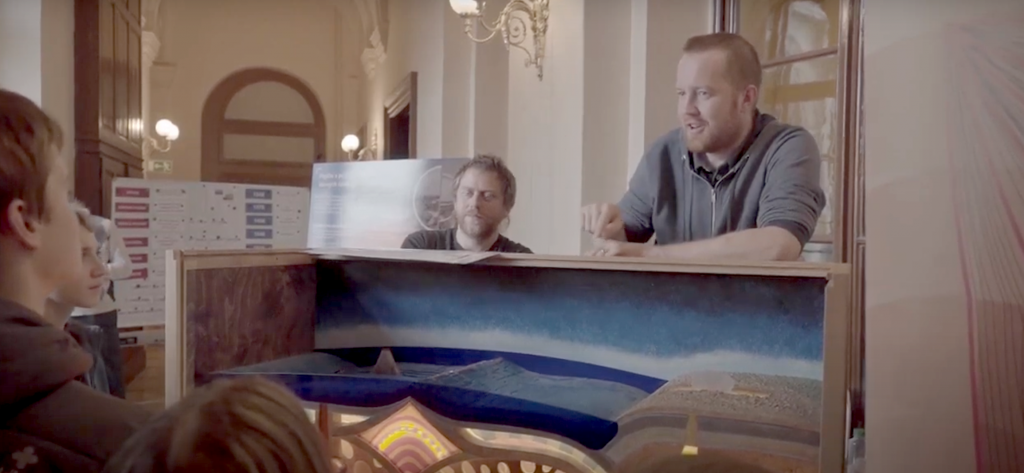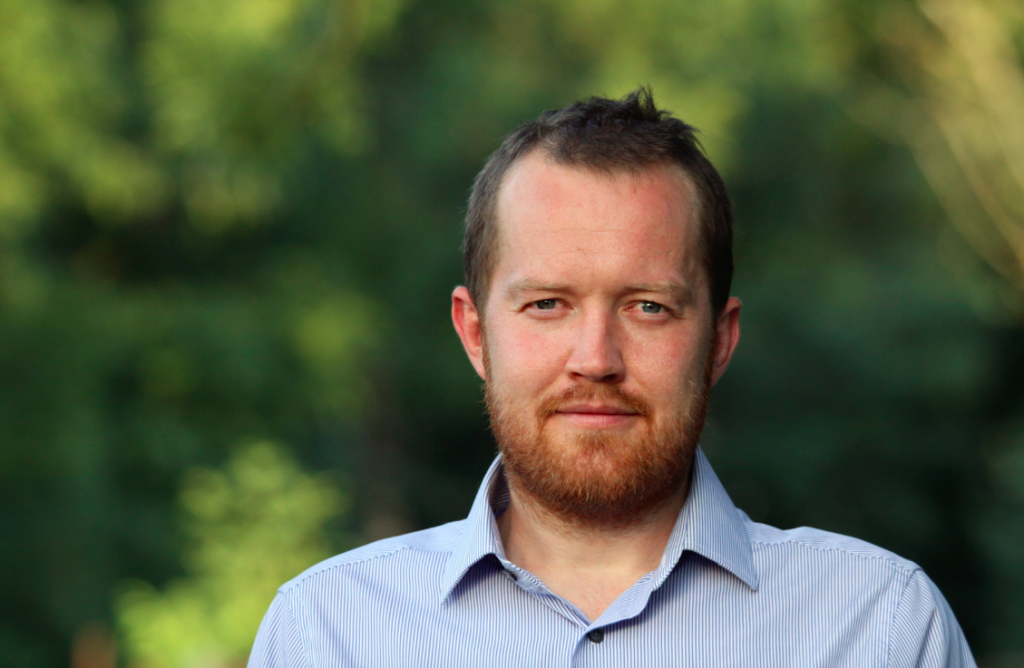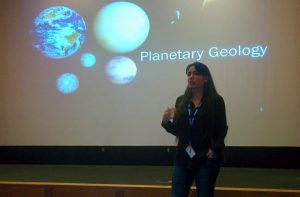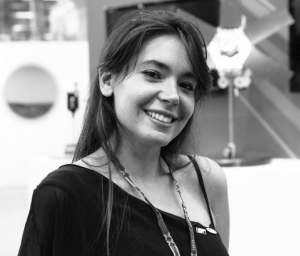EPEC Profiles – Foivos Karakostas
In this series from the EPEC Communication Working Group, we meet members of the Europlanet Early Career (EPEC) community and find out more about their experiences and aspirations.
Foivos Karakostas is a PostDoctoral Associate at the University of Maryland. His field is planetary seismology and he works for the NASA InSight mission.
I am a geophysicist, more precisely a planetary seismologist, and one of the luckiest inhabitants of Earth, as in 2012 I started my involvement in Planetary Seismology, when Philippe Lognonné offered me an internship related to the InSight mission. Months later, after a decades-long wait, a new seismometer was selected to be deployed on the ground of another planet. The renaissance of Planetary Seismology with InSight, after the Apollo and Viking era, is the best thing that could happen to the new generation of seismologists interested in other worlds.
Like many other kids, I grew up being fascinated about planets and I wanted to study them. My interest was extended to the large scales of the universe or the human exploration of the outer space, but what was always more fascinating for me were these other worlds, different than ours, with exotic landscapes and possibly different life! Unlike many childhood dreams, this one came true, and no matter the challenges that any early career scientist encounters these days, doing this job is a motivation to tackle them all.
Since 2012, I have been working exclusively on topics related to the seismic investigation of other planets and planetary bodies. If I could make a metaphor, my research interests are following the way we investigate the planets, starting from their exterior, the visible part, and going deeper, where the secrets about the planetary formation and evolution are hidden but ready to be revealed. In my PhD studies I developed methodologies for using meteor associated events, airbursts or impacts, as seismic sources, generating surface waves on extraterrestrial environments. Therefore, it was a work in the atmosphere and shallow subsurface. Now, I extend my investigation to the structure of the Martian lithosphere, more precisely through the study of the attenuation of seismic waves, recorded by InSight.
Working for a space mission is tremendously beneficial for a young scientist, as it is a highly collaborative environment, with opportunities to be involved in many different projects and the chance to interact with some of the experts of the field. It is something that I would like to see happening across the broader scientific community. This is why I am keen to contribute to the activities of the Europlanet Society.
I often like to quote Carl Sagan: “Of all the fields of mathematics, technology, and science, the one with the greatest international cooperation […] is the field called “Earth and space sciences.” Studying this world and others, by its very nature, tends to be non-local, non-nationalist, non-chauvinist.” My understanding is that the incarnation of this message are the organizations of international communication and cooperation and we need to support them, through active participation. I consider that the scientific culture and communication is the ground where we perform our work, prepared by others, patiently and tirelessly. We should preserve this tradition for the good of science, the best thing that happened to humanity and we decided to dedicate our lives to it.
“I recently joined the Communications Working Group of the EuroPlanet Early Career (EPEC) network. My goal is to use the experience from extracurricular activities for the needs of the network. Until today I have written dozens of popularized articles on new advances on planetary exploration and I am podcasting, with the aim of conveying the core concepts of recently published scientific papers in plain language. This outreach activity is highly beneficial, as it allows us to better understand the contribution of our work to the society, while developing skills of inter-scientific communication.”
Foivos Karakostas
If you are an Early Career member of the Europlanet Society and would like to be featured in an EPEC Profile, find out more about how to submit your profile.
See all the EPEC Profiles.

